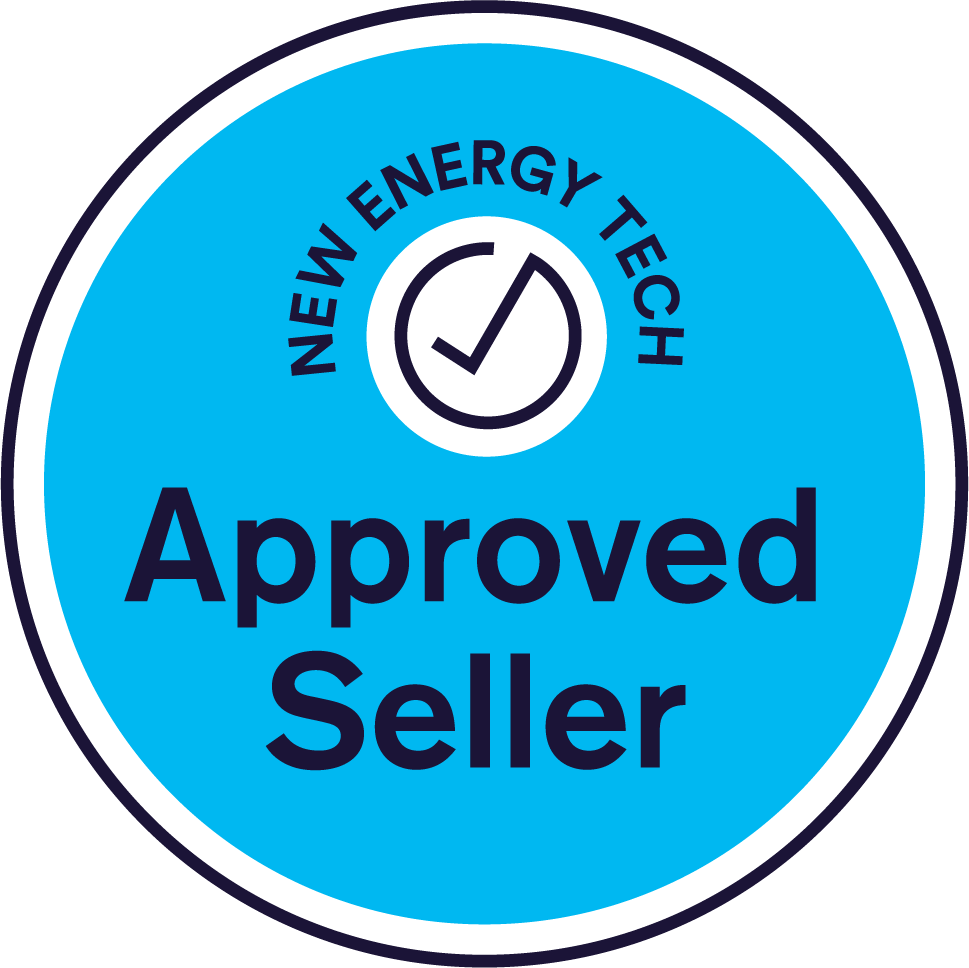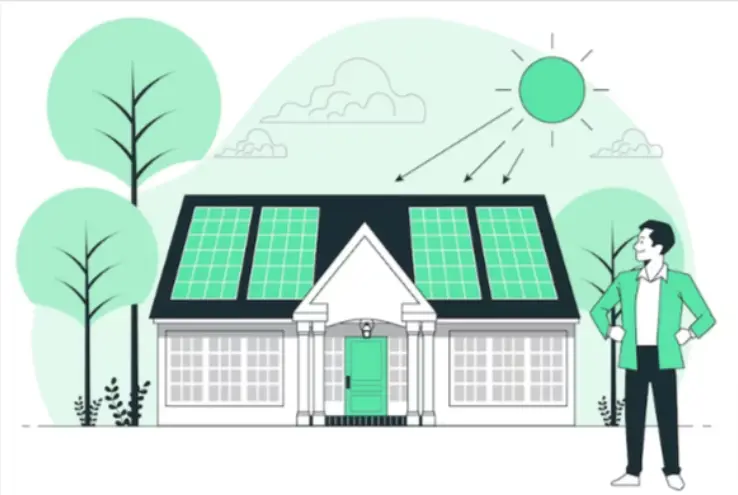Introduction
As energy costs continue to rise and concerns about the environment grow, homeowners are seeking ways to reduce their reliance on conventional energy sources. Solar energy offers effective residential solar solutions that not only lowers electricity bills but also contributes to a greener planet.
Why Choose Solar Energy?
Solar energy is renewable, abundant, and clean. By harnessing sunlight to generate electricity, you can significantly reduce your dependence on fossil fuels and decrease your carbon emissions. This not only benefits your wallet but also helps combat climate change.
Types of Residential Solar Solutions
- Photovoltaic (PV) Solar Panels
PV solar panels convert sunlight directly into electricity. These panels are typically installed on rooftops and can generate electricity even on cloudy days.
- Solar Water Heaters
Solar water heaters use sunlight to heat water for household use. They are a cost-effective way to reduce your water heating bills.
- Solar Air Heaters
Solar air heaters use sunlight to warm air, which can then be used to heat your home or other spaces.
- Solar Battery Storage
Solar battery storage systems store excess electricity generated by your solar panels for later use, such as during the night or on cloudy days.

Factors to Consider Before Going Solar
- Location and Sunlight
The amount of sunlight your location receives is crucial for the efficiency of your solar panels. Areas with more sunlight are better suited for solar energy production.
- Energy Consumption
Assess your household’s energy consumption to determine the size of the solar system you need. This helps you choose a system that meets your energy needs.
- Budget and Financing Options
Evaluate your budget and explore financing options like solar leases, loans, or government incentives to make solar energy more affordable.

10 Cost-Effective Solar Solutions for Your Home
- Rooftop Photovoltaic Panels
Installing PV panels on your rooftop is a popular choice. They generate electricity that can power your home, and excess energy can be sold back to the grid.
- Solar Water Heater Systems
Solar water heaters are perfect for reducing water heating costs. They are especially effective in sunny climates.
- Solar Air Heating Systems
Solar air heaters can supplement your home’s heating system, reducing the need for traditional heating methods.
- Solar Battery Storage Solutions
Battery storage allows you to store excess energy for later use, ensuring a continuous power supply.
- Solar-Powered Outdoor Lighting
Illuminate your outdoor spaces with solar-powered lights, reducing the need for additional electrical lighting.
- Solar Attic Fans
Solar attic fans keep your attic well-ventilated, reducing the need for air conditioning.
- Solar Ventilation Systems
Solar ventilation systems help regulate indoor air quality and temperature.
- Solar-Powered Window Shades
Solar-powered window shades can automatically adjust to block sunlight, reducing cooling costs.
- Portable Solar Chargers
Charge your devices on the go with portable solar chargers, perfect for camping or emergencies.
- Solar-Powered Water Pumps
Solar water pumps are ideal for irrigation and supplying water to remote areas without access to electricity.
Installation and Maintenance
Proper installation and regular maintenance are essential for the optimal performance of your solar systems. Consult professionals to ensure everything is set up correctly.
Financial Benefits of Residential Solar Solutions
Investing in solar energy can lead to long-term financial benefits, including reduced electricity bills, potential tax incentives, and increased property value.
Environmental Impact and Sustainability
By choosing solar energy, you’re making a positive impact on the environment by reducing greenhouse gas emissions and conserving natural resources.
Common Myths About Residential Solar
Addressing common misconceptions about residential solar can help you make informed decisions about adopting solar energy.
Frequently Asked Questions (FAQs)
A: The savings from solar panels depend on factors such as your location, energy consumption, and the size of the solar installation. On average, homeowners can save between 10-30% on their energy bills.
A: Solar panels require minimal maintenance. Regular cleaning and occasional inspections are usually sufficient to keep them functioning optimally.
A: While it’s possible to go off the grid with solar power, it requires a significant investment in battery storage. Most residential setups remain connected to the grid as a backup.
A: Solar panels can still generate electricity on cloudy days, although their efficiency may be reduced. They can still contribute to your energy savings even when the sun isn’t shining brightly.
A: Solar incentives vary by region and can include tax credits, rebates, and grants. These incentives help offset the initial costs of installing solar solutions
A: While it’s possible to install solar panels yourself, it’s recommended to hire professionals for optimal performance and safety.

Conclusion
Embracing cost-effective residential solar solutions is a smart move for both your finances and the planet. By harnessing the power of the sun, you can enjoy substantial savings, contribute to a cleaner environment, and secure a more sustainable future.
ADS SOLAR specializes in delivering high-quality residential solar power installation services within Sydney, New South Wales, Australia, while ensuring a competitive pricing structure.



